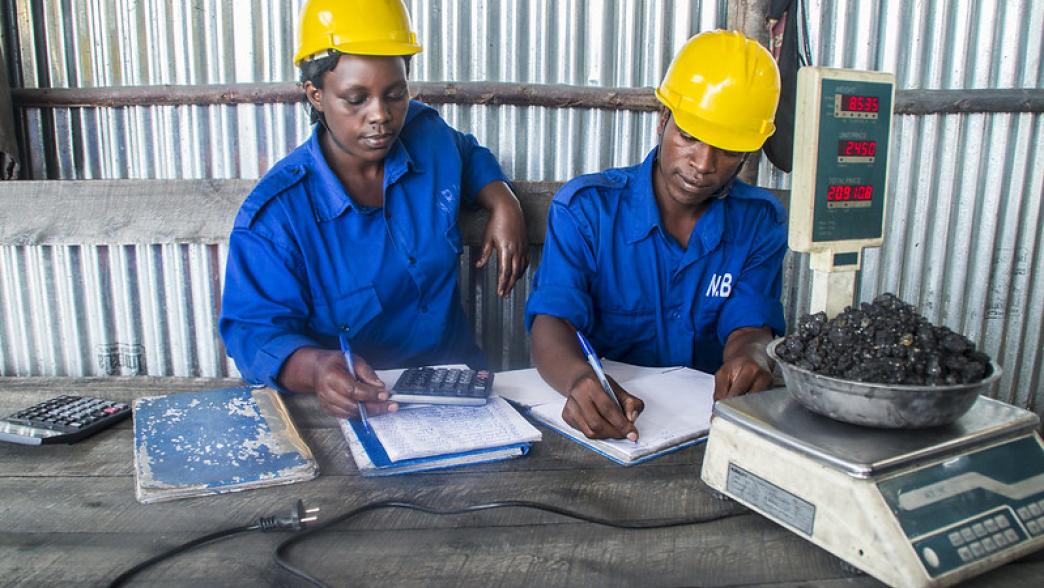
Natural Resource Governance and Energy Transition: Policies and Practice
6 May–5 July 2024
The advanced course "Natural Resource Governance and Energy Transition: Policies and Practice" equips practitioners and policymakers with knowledge and hands-on tools to navigate the energy transition and improve extractive industries governance and oversight for a better and more just future.
Course objectives
Natural resource extraction can create both opportunities and challenges to sustainable development and poverty reduction. This course provides insights into the political economy of governance in resource-rich states and explores options for policy and practice. Participants learn approaches to analyze energy transition challenges and hands-on tools in the areas of taxation, revenue management and local value creation. These skills are paramount to leaders in natural resource governance who need to translate transition challenges into opportunities in their specific country contexts and understand the impact of politics and power on policy outcomes.
Key topics
- Energy transition related challenges for extractive sectors
- Political economy of natural resource extraction
- Fiscal regimes, taxation, revenue management
- Environmental impacts of extraction
- Community engagement and local value creation
- Governance of state-owned companies
Course fee: CHF 1500
A limited number of scholarships are available on a competitive basis, covering either the full course fees or a percentage of the course fees. These scholarships are specifically targeted towards members of government, civil society, parliaments, and the media from selected resource-rich countries: Colombia, Democratic Republic of the Congo, Ghana, Guinea, Mexico, Mongolia, Nigeria, Peru, Senegal, Tunisia and Uganda. Applications from women and gender-diverse candidates are strongly encouraged. Exceptions from the specified country list may be considered for outstanding applicants from other nations, although such exceptions will be limited.
The course is delivered online and consists of two phases:
Introductory week: 6 - 10 May 2024 (daily)
Self-study phase: 13 May -14 June 2024 (every Friday)
Immersion week: participants have the flexibility to deepen their understanding and acquire hands-on skills in one or two selected topics from the path options below. (daily)
- Path 1: Getting a good deal: 17 - 21 June 2024
- Path 2: Managing resource revenue: 24 - 28 June 2024
- Path 3: Local value creation: 1 - 5 July 2024
Online sessions are always 2-4pm CET.
For detailed information on mandatory live sessions and self-study phases, refer to the course brochure.
The course is delivered online and in English.
Deadline for applications: 17 March 2024
The course aims to empower individuals with essential knowledge and tools for effective governance and oversight of natural resources, especially amid the complexities of the energy transition.
Course coordinator

Matteo Molineris
Capacity Development Officer
